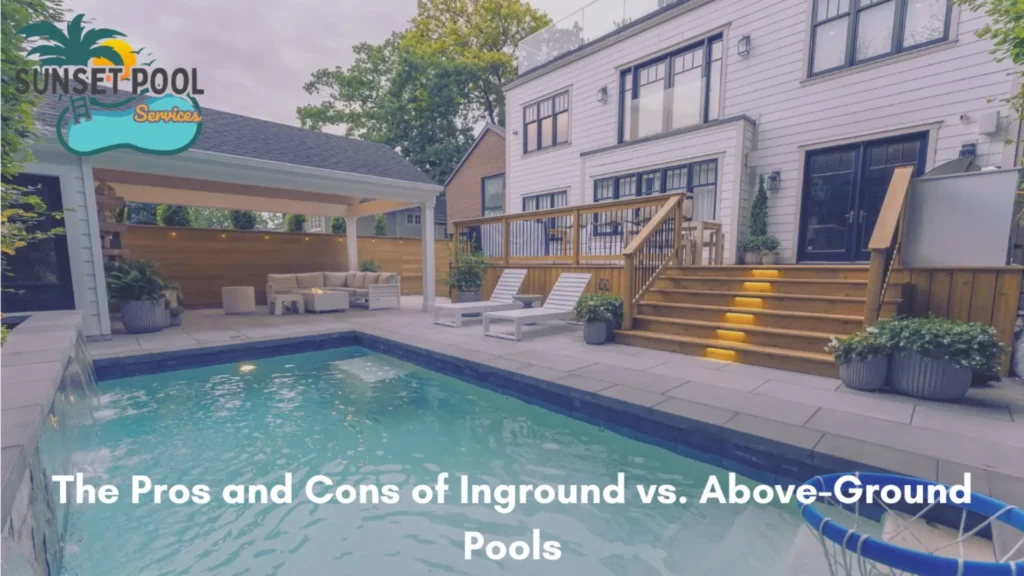When considering pool installation and renovation, homeowners often face the decision between an inground and an above-ground pool. Each option has its unique advantages and potential drawbacks, and choosing the right one depends on factors like budget, available space, and long-term goals. Understanding the pros and cons of both types can help guide your decision-making process.
Cost and Budget Considerations
One of the most significant factors in pool installation and renovation is cost. Above-ground pools are typically far more affordable than inground pools, making them a popular choice for homeowners with a limited budget. The installation process for above-ground pools is quicker and simpler, reducing labor costs. However, while inground pools are a more significant investment, they add substantial value to your property and offer a higher level of customization. Depending on your financial situation and long-term plans, your choice of pool may reflect how much you’re willing to invest in pool installation and renovation.
Aesthetic Appeal and Design Flexibility
Inground pools generally provide more aesthetic appeal and design flexibility compared to above-ground pools. With inground pool installation and renovation, you can choose from a variety of shapes, sizes, and finishes that blend seamlessly with your landscaping and outdoor space. These pools offer a more luxurious look and feel, contributing to the overall beauty and ambiance of your backyard. Above-ground pools, on the other hand, are often seen as more utilitarian, with fewer options for customization. While they can be functional and effective, they may not provide the same polished, high-end appearance as an inground pool.
Maintenance and Longevity
In terms of maintenance, above-ground pools may require less effort and money in the long run. Pool installation and renovation for above-ground models typically involve simpler equipment and fewer ongoing maintenance needs. These pools are more accessible for cleaning and repairs, as their components are often easier to reach and replace. In contrast, inground pools tend to have more complex systems and require more regular maintenance to keep them functioning optimally. They may need more frequent servicing of the pump, filter, and plumbing systems, but with proper care, they can last for decades.
Space and Accessibility
The available space in your yard plays a crucial role in determining whether an inground or above-ground pool is the best fit for your home. Inground pools require a larger area, as the excavation process demands significant space and depth. If you have a smaller backyard or are limited by zoning regulations, an above-ground pool might be a more practical solution. These pools are easier to install in compact areas and offer flexibility in terms of relocation, should you decide to move. Inground pools, however, offer a more permanent, integrated solution that can be tailored to fit your yard’s specific layout and landscaping features.
Learn more:
How to Choose Between Inground and Above-Ground Pool Options

